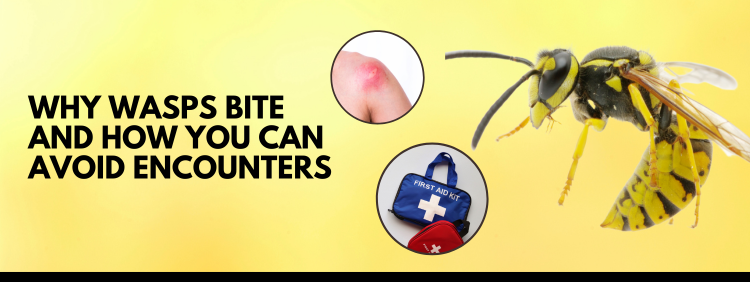 When summer arrives in Ontario, a variety of insect pests become active, including several species of wasps. The species that live in Ontario are mostly social and build community hives, and when they choose your property as a nesting site, it could put you and your family in danger. We at Truly Nolen Canada can provide you with wasp control in Niagara, as well as some tips about how to handle the presence of wasps and their stings.
When summer arrives in Ontario, a variety of insect pests become active, including several species of wasps. The species that live in Ontario are mostly social and build community hives, and when they choose your property as a nesting site, it could put you and your family in danger. We at Truly Nolen Canada can provide you with wasp control in Niagara, as well as some tips about how to handle the presence of wasps and their stings.
1. Why Do Wasps Sting?
Some common species of wasps you may see around your home include paper wasps, mud daubers and hornets. Hornets usually build large, spherical nests in trees, while wasp species prefer to build smaller, oblong under eaves, porches awnings and outbuildings, such as sheds. Wasps present a danger to you and your family, including family pets, because they will defend their hive by repeatedly chasing and stinging intruders. As a colony grows, so does its ability to keep people away. If wasps build a nest near the entrance of your home, this can increase the chances of a wasp attack.2. Will Wasps Land on You?
Wasps search for food to feed the growing larvae back at the hive, including nectar and pollen. During their foraging, they may mistake you for a flower or fruit tree, especially if your clothing features bright patterns or colours. While this type of encounter may frighten you, you can avoid a painful sting in several ways, including:- Not swatting or swinging at the wasp
- Staying still
- Avoid acting panicked

